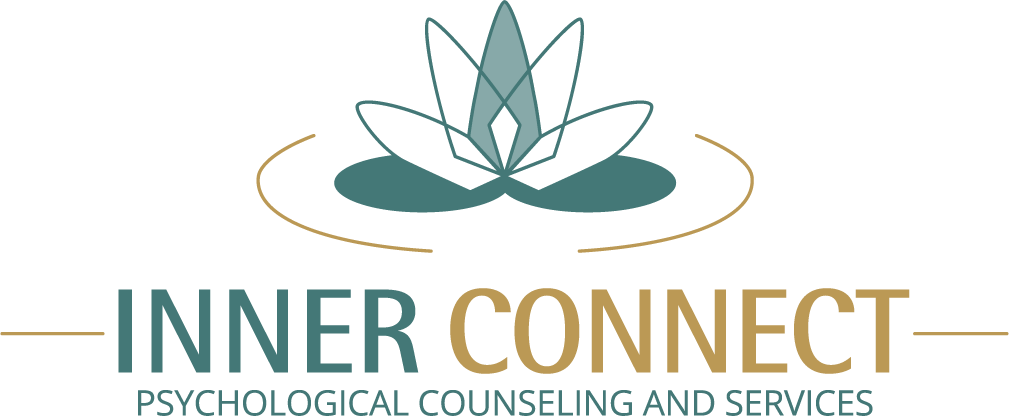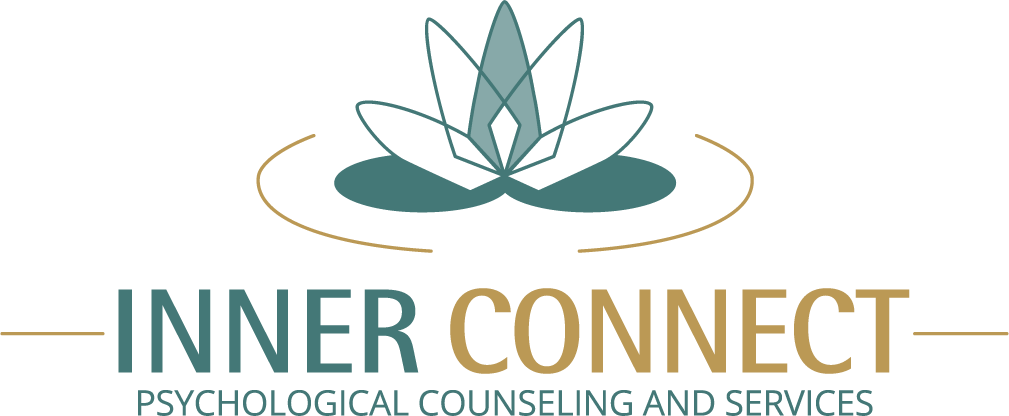
Empathy
What’s in it for you?

Let’s suppose you moved to a different city three months ago and this move turned out to be one of the best decisions of your life. It gave you a newfound sense of liberation and confidence to pursue your dreams. A friend of yours also moved to the same city as you around the same time. The two of you meet one evening and get talking about the impact this move has had on your respective lives.
Just as your friend begins to speak, you say, “This is just amazing, isn’t it? Life’s never been better. I am sure you’re having a gala time too. So much freedom and fun. Everyone needs to move to a different city to gather the courage to follow their passions.” Following some moments of silence, your friend says, “Clearly, this move is doing wonders for you and I’m happy to hear that. It’s not the same for me though.” Shocked, you exclaim, “How’s that possible? What more can you be asking for? Only a fool will waste such an opportunity.”
There. Your response is likely to put your friend off. She/ he may begin to withdraw from the conversation or lose temper. Either ways, she/ he may feel you weren’t really listening; instead, you were eager to have her/ him nod and parrot your thoughts, feelings, and actions. If such situations arise frequently, this friendship may weaken or perhaps not last very long. You may wonder what just happened? After all, you were only expressing what you think and/ or feel and isn’t it important to be authentic?
In interpersonal communication, authenticity is certainly desirable. So is empathy. The latter is precisely what was missing from your end in the imaginary situation discussed above. Authenticity and empathy can coexist. We’ll discuss how.
As defined by the American Psychological Association, empathy refers to “understanding a person from his or her frame of reference, rather than one’s own.” It is akin to saying, step out of your shoes, step into those of another, and imagine what it must be like to walk wearing them. To do this, you must first and foremost be aware of what it’s like to be in your shoes. That’s authenticity. Of course the new shoes are neither meant to fit you perfectly nor does wearing them imply that you’re breaking up with your shoes. It simply means you’re making the effort to look beyond yourself.
Empathy also entails an expression (verbal and/ or non-verbal) of your understanding of the other’s frame of reference. Going back to our opening situation, after the friend’s response, had you paused and said, “Hey, that’s not something I’d naturally imagine but I want to try and understand what this move means to you?”…This could have served as an invitation for your friend to share her/ his thoughts and also contribute to strengthening the bond you two share.
Several researchers discuss different forms of empathy: cognitive (understanding what another person is thinking), emotional (sensing what another is feeling), and compassionate empathy (offering help after having understood the person’s situation).Clearly, when empathy is all about you understanding someone else’s viewpoint, what’s in it for you?
Your empathy has the power to lay the foundation of and nurture healthy relationships, be it a client-therapist, manager-reportee, parent-child, teacher-student, wife-husband, partners, and friends among others. The objective is to build trust and create safe spaces for conversations. You may disagree with one other. You may never want to do the same thing as the other. And that’s okay. Empathy doesn’t mean agreement or approval. It means giving space to that which isn’t necessarily the same as yours. In a world as diverse as ours, empathy makes it possible for you to acknowledge differences, come across similarities (if any) and build connections.
Challenges can arise when disagreements clash with your desire to understand another person. Or when you find it difficult to step away from the new shoes. Constant engagement and/ or preoccupation with the joys and pains of others can be distressing and may also lead to emotional burnout. Distorted judgments, coming across as intrusive, the tendency to empathise only with those similar to you, empathy minus supportive action even when needed, misusing your awareness of another person’s frame of reference, and increasing the other’s stress by mirroring it back to them are among the other not-so sought after by-products of this quality.
Remember, these are by-products and not inherent characteristics of empathy per se. Why discard the inherent goodness of a product when we can learn to manage its offshoots? Our team of mental health professionals believes in fostering the development of empathy such that it can enhance the quality of your relationships and thereby, the quality of your life too. Empathy with authenticity.
After all, wouldn’t it feel nice if empathy could strengthen your friendship as it could have in our example?
References
- (n.d.). empathy – APA Dictionary of Psychology. Retrieved June, 2020, from https://dictionary.apa.org/empathy
Goleman, D. (2007). Three Kinds of Empathy: Cognitive, Emotional, Compassionate. Retrieved June 2020, from http://www.danielgoleman.info/three-kinds-of-empathy-cognitive-emotional-compassionate/




